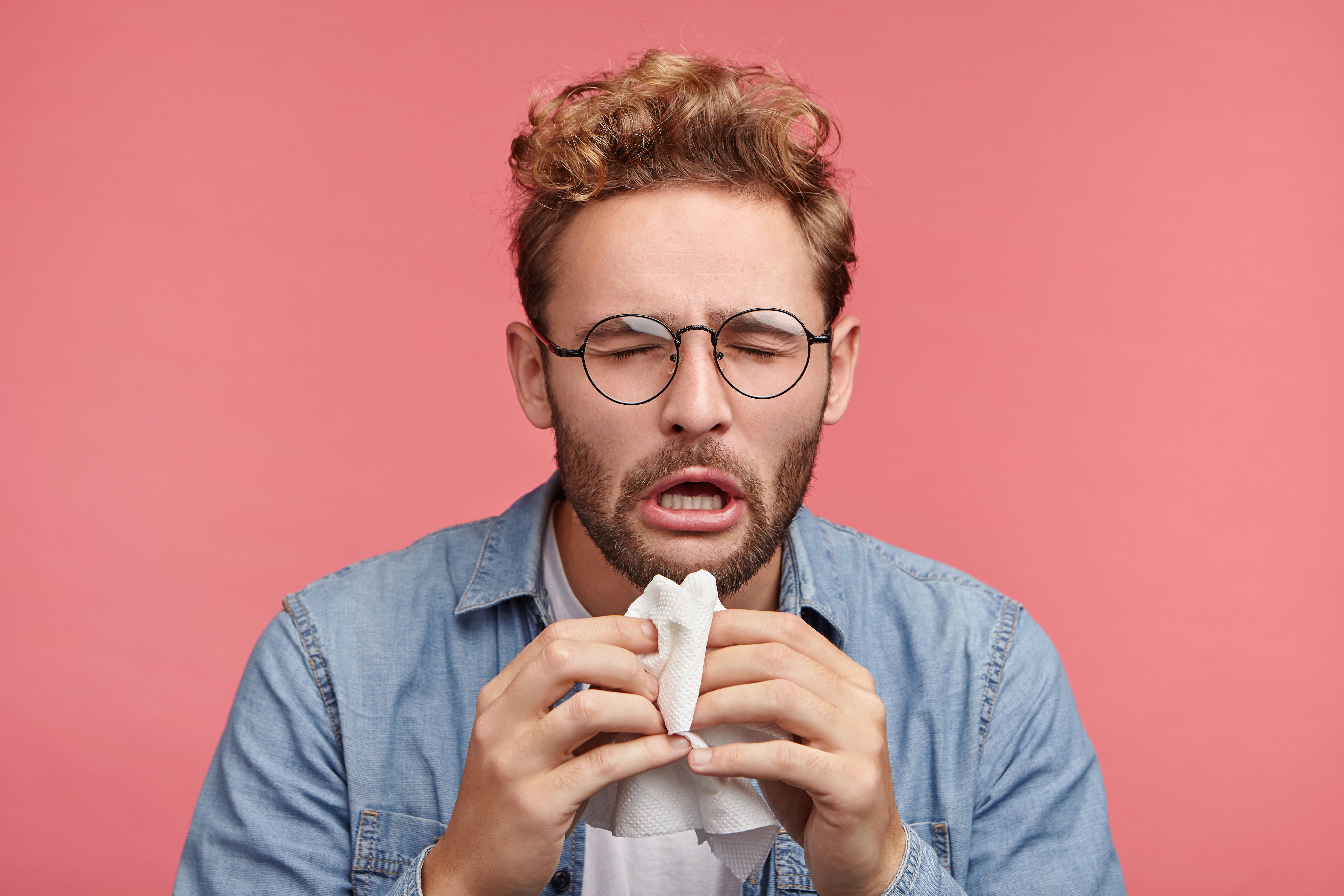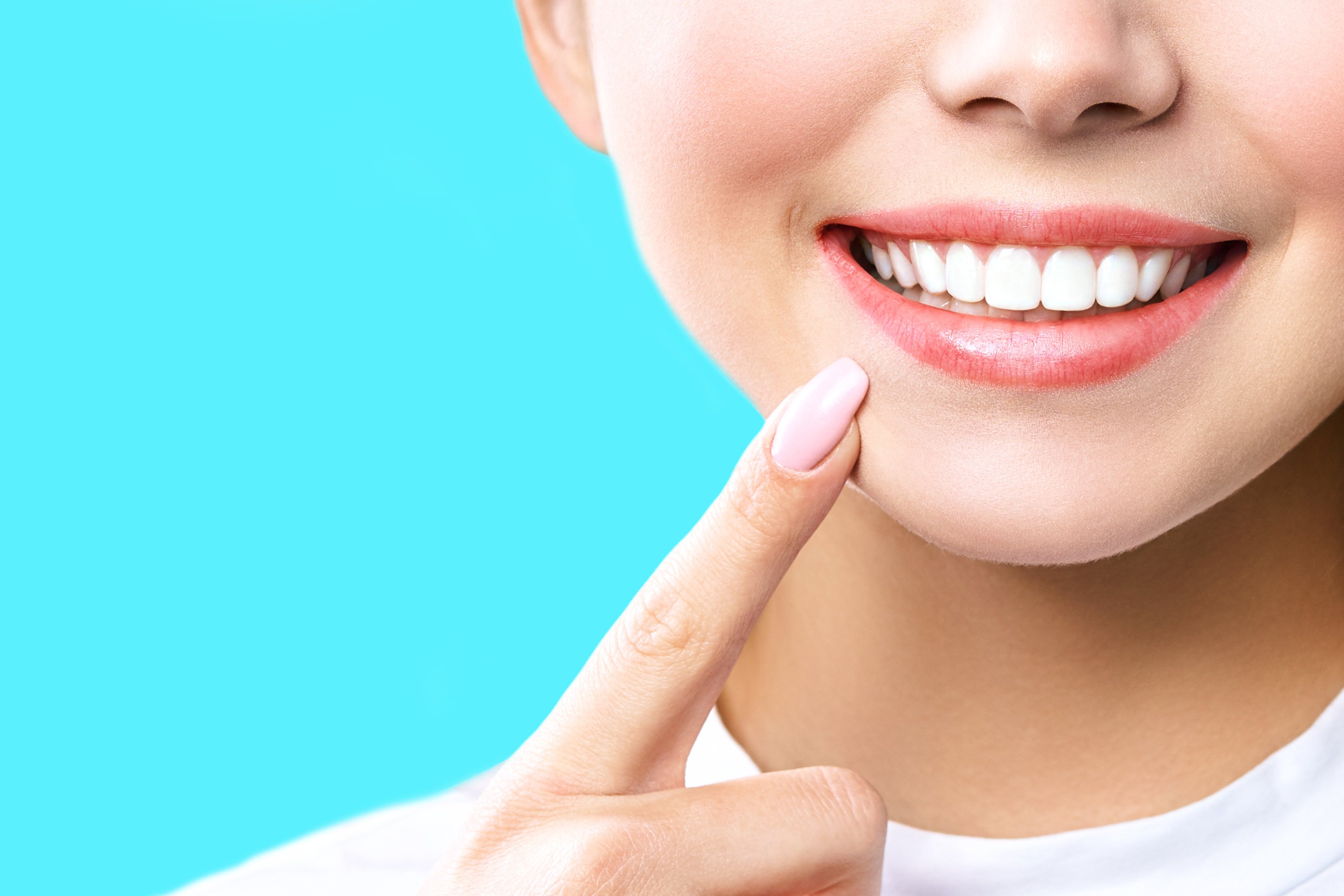Colds and Dental Health: What You Need to Know

Summarize with AI
Flu and cold season can leave our bodies feeling achy and miserable; but how does it impact our teeth? Here's what you should know about viruses and your dental health, along with some helpful tips on how you can stay healthy this year.
Why Do My Teeth Hurt When I'm Sick?
It's common for people to experience pain and pressure in their teeth and jawbones when they fall ill. Much of this has to do with inflamed sinuses behind our eyebrows and cheeks. When you get sick, these chambers can swell and become blocked with mucus. This creates significant pressure, which can make it feel like you have a painful toothache.
In most cases, an illness won't permanently impact your dental health, as long as you continue to brush while you're sick. In rare circumstances, however, secondary bacterial infections could migrate into damaged or decayed teeth, causing a host of problems. If you notice continuing dental pain after you've been sick, see your dentist as soon as possible.
Avoiding Illness this Winter
While you can't always avoid the flu and common cold, there are some steps you can take to reduce your risk of getting sick. These include:
Wash your hands
Studies consistently show that frequent hand-washing is the best line of defense against influenza and the common cold. Unfortunately, many people fail to consistently wash their hands or use the improper technique, which doesn’t eliminate infectious viral particles. Be sure to thoroughly wash your hands several times a day according to these guidelines from the Centers of Disease Control and Prevention.
Get plenty of sleep
Research has shown that poor sleep can hamper our immune systems, leaving us more susceptible to viruses. Be sure to get the recommended seven to nine hours of sleep each night, so your body will be capable of fighting off potential infection. If you have trouble sleeping at night, avoid caffeine and alcohol which are known to disrupt sleep. You should also go to sleep and get up at the same time every day, even on weekends.
Don't touch your face
It's common for people to get sick after touching tainted surfaces and then transmitting infectious virus particles to their eyes, noses, ears or mouths. You can significantly reduce your risk of falling ill by keeping your hands away from your face. You should also thoroughly wash your hands before eating.
Avoid infected people
If you notice someone seems ill, try to keep your distance. You should also sanitize your workspace and stay home from work when you're sick. If you have sick children, try to quarantine them as much as possible by reserving one bathroom for them and them alone. You should also encourage your children to wash their hands when they are sick, so they don't spread germs to other parts of your home.
.png)

